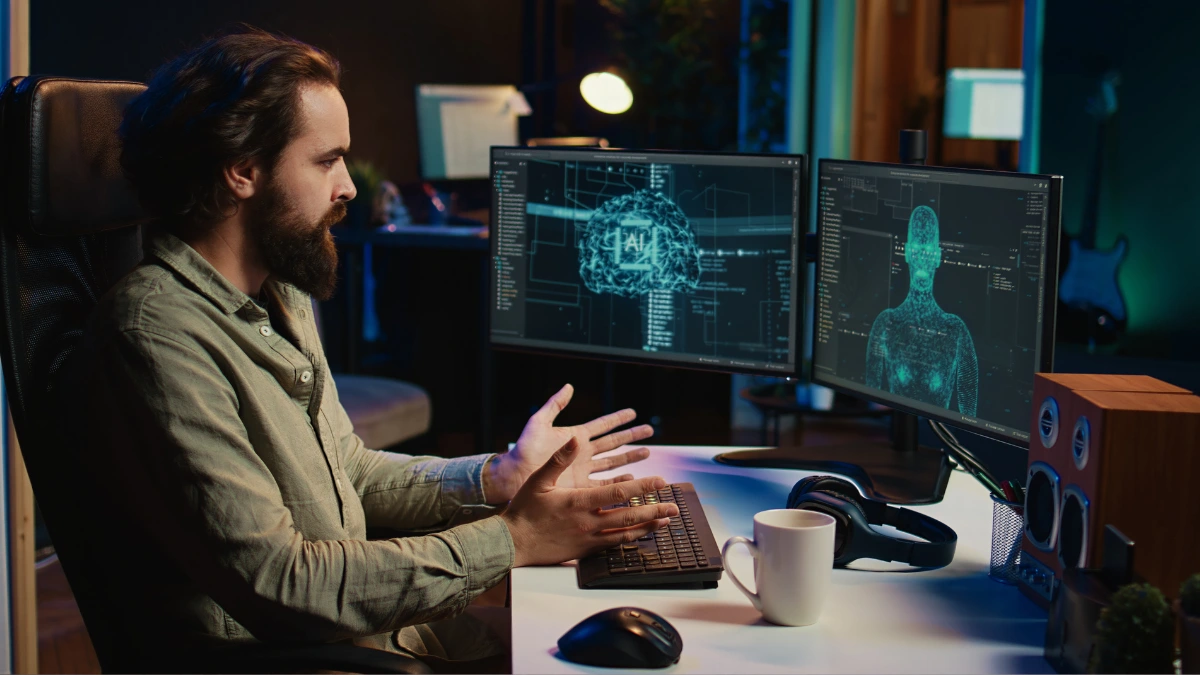Your AI coding assistant promises better productivity, but it might be costing you, your skills. Many developers discover these tools actually slow them down and introduce more errors.
Instead of helping, constant interruptions break your focus and can weaken your problem, solving instincts over time. You might notice yourself taking longer to debug or struggling with concepts that used to feel easy.
It’s not just about typing less code, it’s about maintaining your ability to think like an engineer. Over relying on AI can impact your development speed, code quality, and long term growth.
1. The Proof: AI Coding Assistants Can Make You Slower

An AI coding assistant is to save time. But it might be doing the opposite. Good developers are actually working slower with these tools. A 2025 study by METR proved this. They found experienced developers were 19% slower when using AI helpers. This hurts your AI coding assistant productivity.
The study showed something strange. Developers thought they were faster. They predicted a 24% speed boost. Even after slowing down, they still felt quicker. This is a “productivity placebo.” The AI makes you feel busy without real progress.
You spend mental energy checking AI work. The tool gives you suggestions. You must read them. You must fix them. This constant checking breaks your focus. It pulls you out of your thinking zone.
2. The Quality Trap: More Code, More Problems
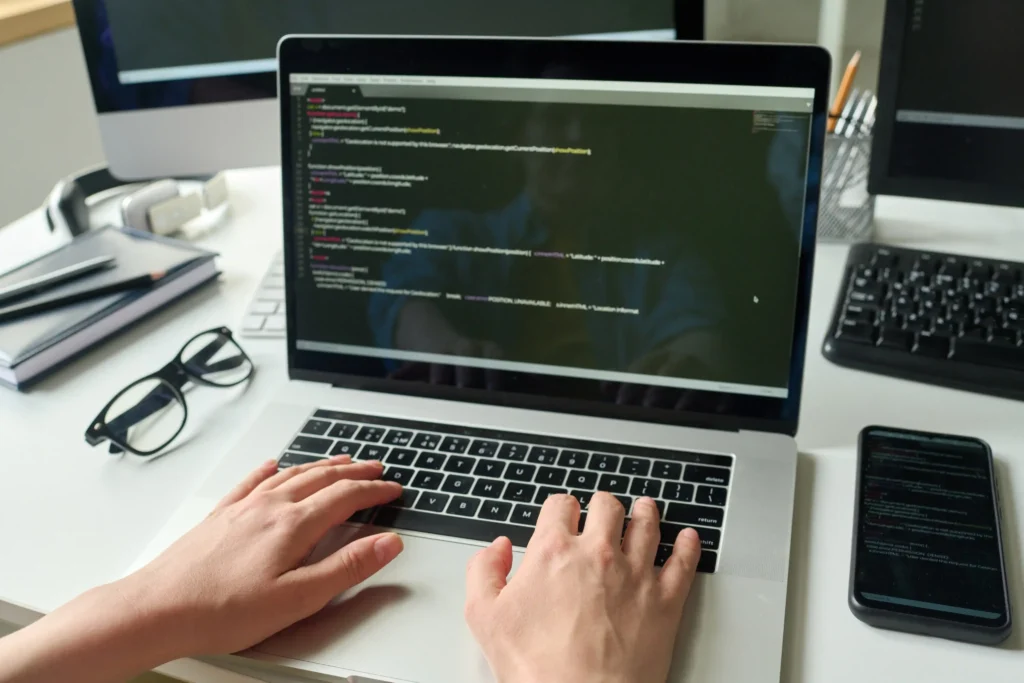
Your AI assistant creates lots of code quickly. But more code doesn’t mean better code. The big problem is “almost right” code. It looks correct but contains hidden bugs. A Stepsize survey found 66% of developers say AI code is ‘almost right, but not quite.’ This hurts your AI code quality.
This leads to “vibe coding.” You approve code that feels right without really understanding it. You trust the AI’s confidence instead of your own knowledge. It’s like accepting answers without checking the work. This habit lets bugs slip through easily.
You create more technical debt. AI encourages copy, paste programming. It stacks code without understanding your system. This makes your codebase fragile and hard to change. Security firm Apiiro found AI code creates 322% more security risks. You get more code, but also get more problems.
3. The Security Risks You Can’t Ignore

AI helper might be creating security holes in your code. These tools learn from public code, and public code has mistakes. It means AI coding security is at risk every time you accept a suggestion. The tool might give a code with known vulnerabilities or suggest old, unsafe libraries.
One big danger is secrets exposure. The AI can accidentally create code with hard-coded passwords or API keys. It learned this from bad examples online. Security Week reported a 40% increase in hard-coded credentials in code written with AI helpers. The AI doesn’t know it’s leaking secrets, it’s just copying patterns.
The worst part is, it changes habits. When you trust the AI and stop being careful. You might skip security checks because the code looks good. This false confidence is the real threat. The biggest risk isn’t just the bad code AI writes, but the good security habits, makes you forget.
4. How Coding Skills Are Atrophying

A coding copilot can make developers forget how to fly. Outsourcing thinking to AI weakens fundamental development skills. It resembles using a calculator for simple arithmetic—eventually, the ability to perform calculations mentally fades. This skill atrophy represents a real and dangerous trend.
One developer shared this experience on Hacker News: “I used Copilot for a month. Now I can’t write a simple for-loop without second-guessing the syntax.” This occurs because developers stop practicing basic problem-solving. While AI provides answers, developers lose the struggle that ultimately makes them stronger.
Flow state suffers significantly. Deep work occurs when focus remains completely on a single challenge. AI interruptions shatter this concentration. The constant switching between thinking and reviewing prevents the sustained deep concentration where the best work happens.
5. 2025 Action Plan Is Use AI Without Getting Dumber
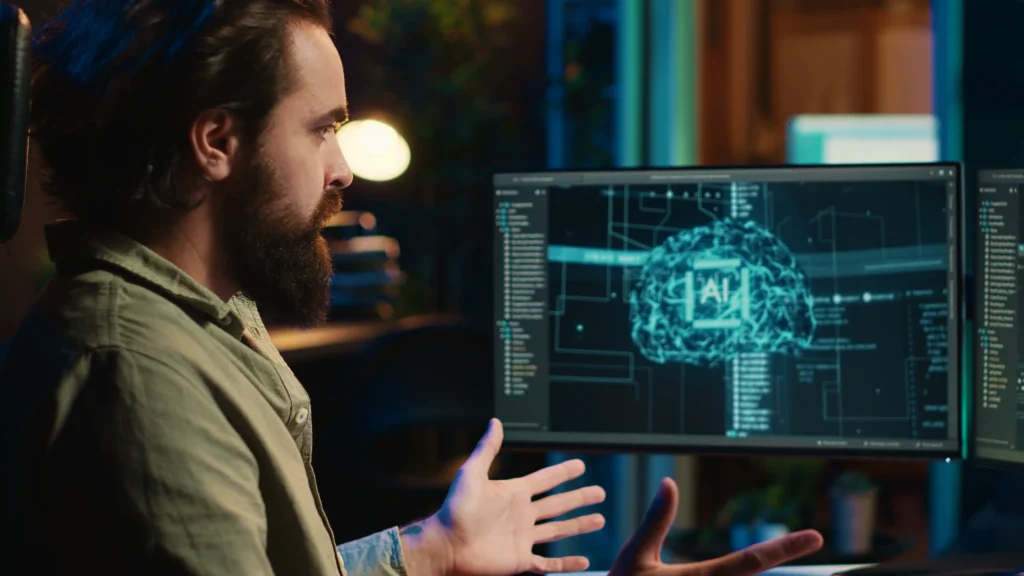
AI tools are not going away. The goal is to use them wisely. This plan helps developers maintain their skills while benefiting from AI assistance. Good AI pair programming means setting clear rules.
Treat AI as a Junior Partner
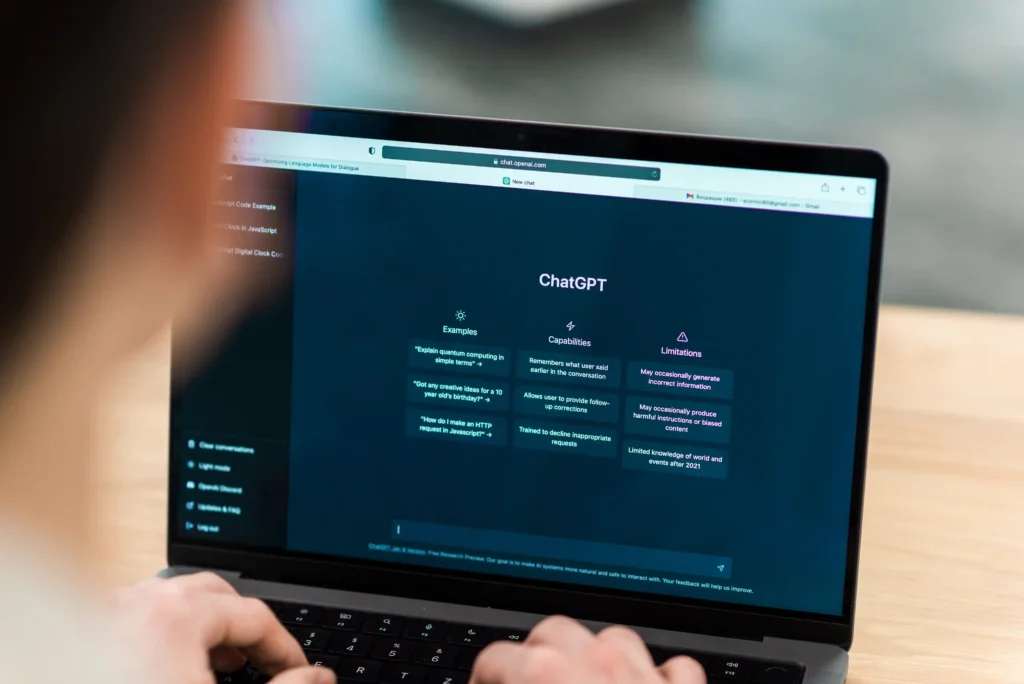
Assign appropriate tasks to the AI. Use it for boilerplate, documentation, and test cases. Avoid using it for core business logic or complex algorithms. The AI should handle repetitive tasks while the developer focuses on critical thinking. This approach maintains coding standards and keeps the developer engaged in important decisions.
Master Prompt Crafting

Effective prompt engineering makes a significant difference. Vague requests produce poor results. Specific prompts yield better code. For example, instead of “write a function to sort users by name,” try this,”Write a function in TypeScript to sort an array of User objects by lastName. Handle null values. Use an efficient algorithm. Explain your choice.” Good prompts include language, context, requirements, and request an explanation.
Implement a “Review & Understand” Rule

Never accept code without full comprehension. Every AI suggestion must be reviewed line by line. If something isn’t understood, it should be researched or rewritten. Always refactor AI-generated code to match team style and standards. This practice ensures actual understanding rather than blind acceptance.
Schedule Regular AI-Free Coding
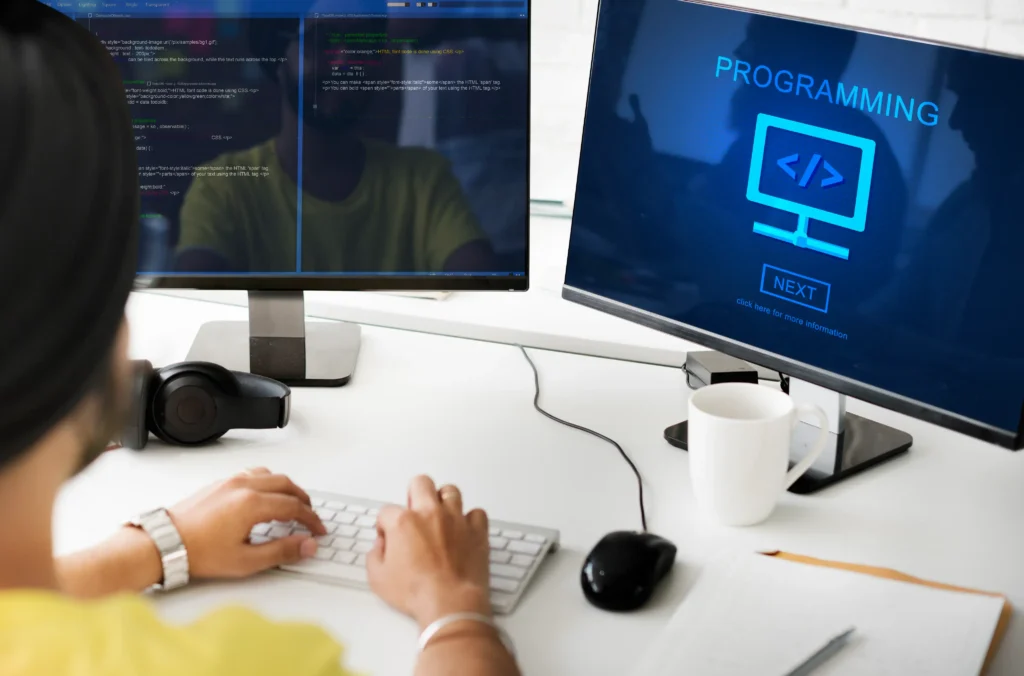
Protect skill development by blocking time for unaided work. Dedicate a few hours each week to code without any AI assistance. This could involve bug fixing, feature development, or learning exercises. This practice maintains fundamental abilities and prevents over-reliance on tools.
Use AI For Targeted Learning

Leverage AI as a learning partner, not just a code generator. Ask it to explain complex concepts or new technologies. Then verify that information against official documentation and trusted resources. This creates a good habit of confirmation and prevents knowledge gaps.
6. How to Spot AI Dependency Before It’s Too Late?

Recognizing AI over-reliance early is crucial for maintaining healthy programming skills and team productivity. These warning signs can help identify when AI assistance has crossed the line from helpful tool to problematic dependency.
Individual Red Flags
The most telling indicator of programming dependency is the inability to solve basic problems without AI assistance. If you find yourself reaching for ChatGPT or Copilot for simple syntax questions or fundamental algorithms you once knew by heart, it’s time for concern. Equally problematic is accepting AI suggestions without understanding the underlying logic treating the AI as an infallible oracle rather than a tool requiring critical evaluation.
Team-Level Warning Indicators

At the organizational level, watch for declining code review quality, where team members can’t adequately assess AI-generated contributions. Notice if junior developers aren’t progressing in fundamental skills or if senior developers can’t mentor effectively because they rely too heavily on AI assistance themselves.
Self-Assessment Questions
Ask yourself, Can I implement basic data structures from memory? Do I understand every line of code I submit? Can I work productively when AI tools are down? If you’re answering “no” to these questions, it’s time to reassess your relationship with AI tools.
Performance Metrics
Track metrics like time to, solution for basic problems, code review feedback frequency, and bug rates in AI-assisted versus manually written code. Declining performance in these areas often signals unhealthy AI dependency that requires immediate attention and skill assessment.
7. Stay Human In An AI World
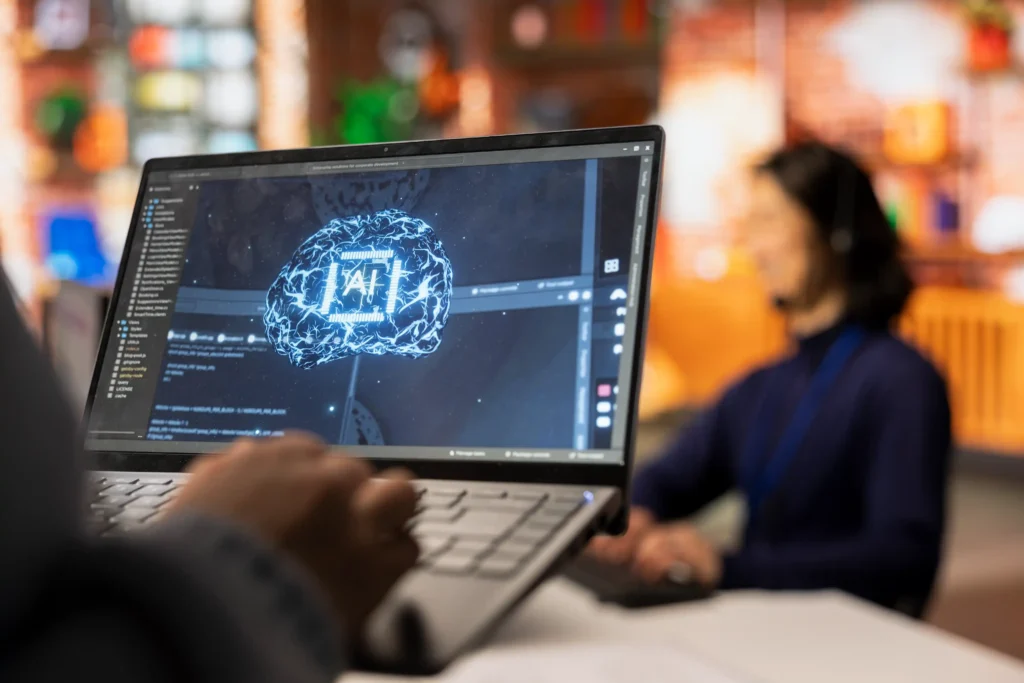
The future of programming lies in cultivating AI-resistant skills that complement artificial intelligence rather than competing with it. Success requires understanding which abilities remain uniquely human and essential for developer care.
Core Human Capabilities
Problem decomposition and architectural thinking represent irreplaceable skills. While AI generates code, it struggles with breaking complex requirements into elegant system designs. The ability to understand business context, translate stakeholder needs into technical specifications, and design scalable architectures requires human intuition and domain knowledge.
Strategic Positioning

Position yourself as an AI multiplier through team leadership and mentorship abilities. Cross-functional communication skills become vital as AI democratizes programming, making the ability to collaborate across disciplines and communicate technical concepts a competitive advantage.
Essential Skills for Tomorrow

Ethical considerations and bias detection represent emerging areas requiring human judgment. As AI systems proliferate, identifying biases and making ethical technology decisions becomes crucial.Strengthen fundamental knowledge while embracing AI tools as powerful assistants.

